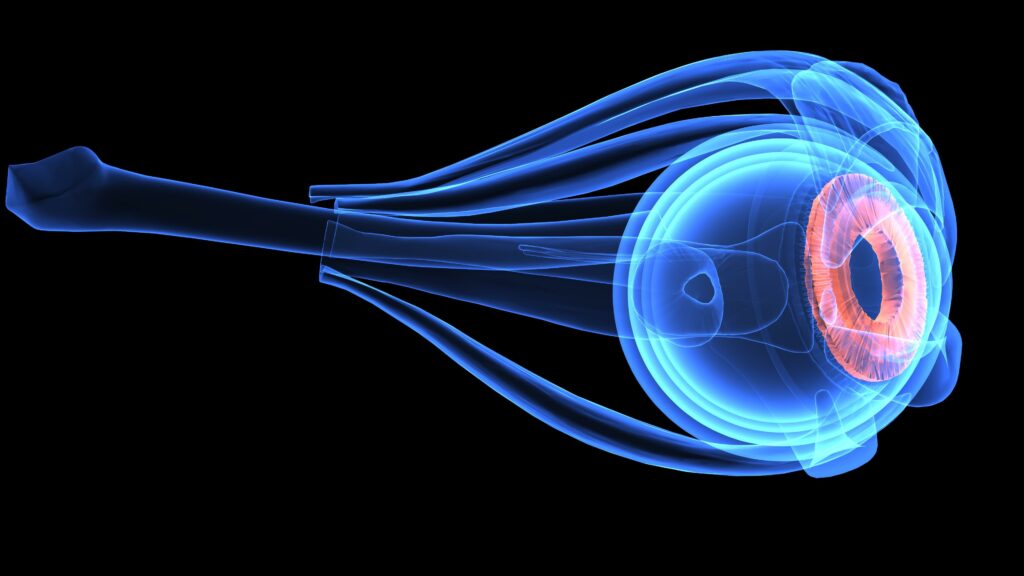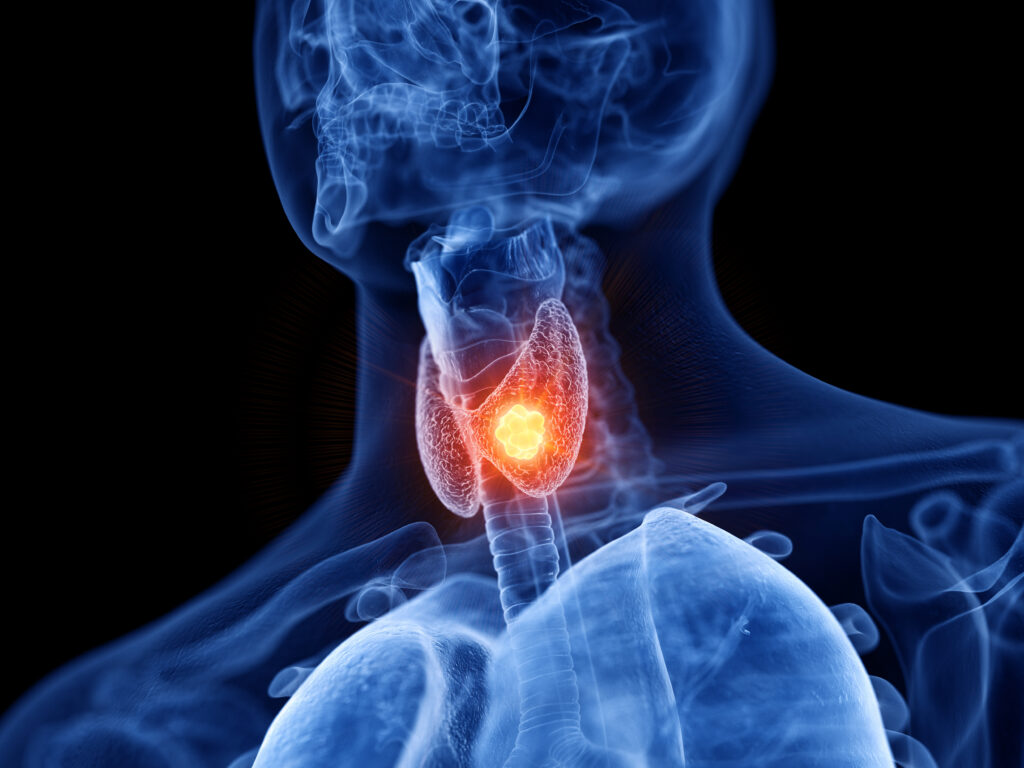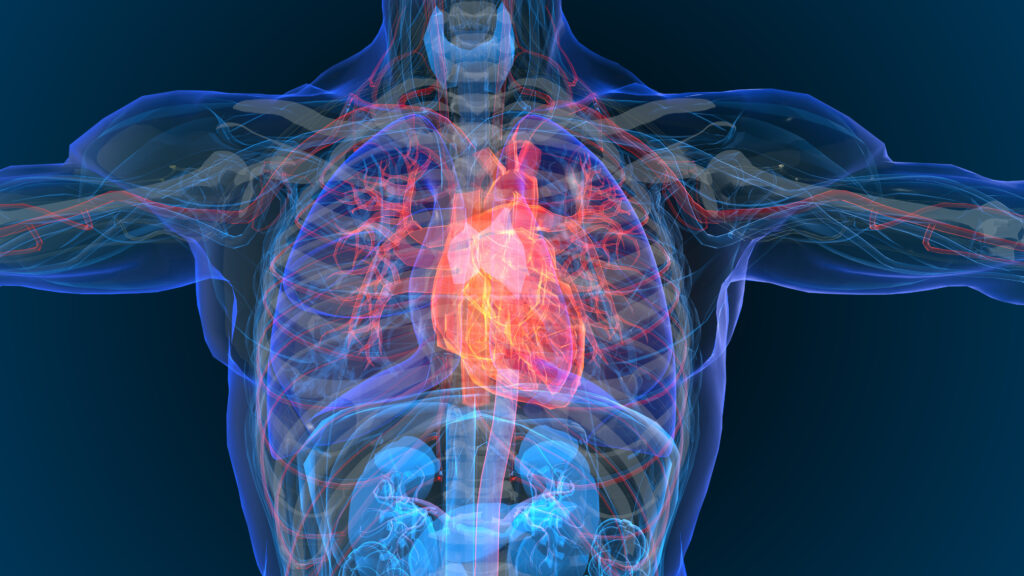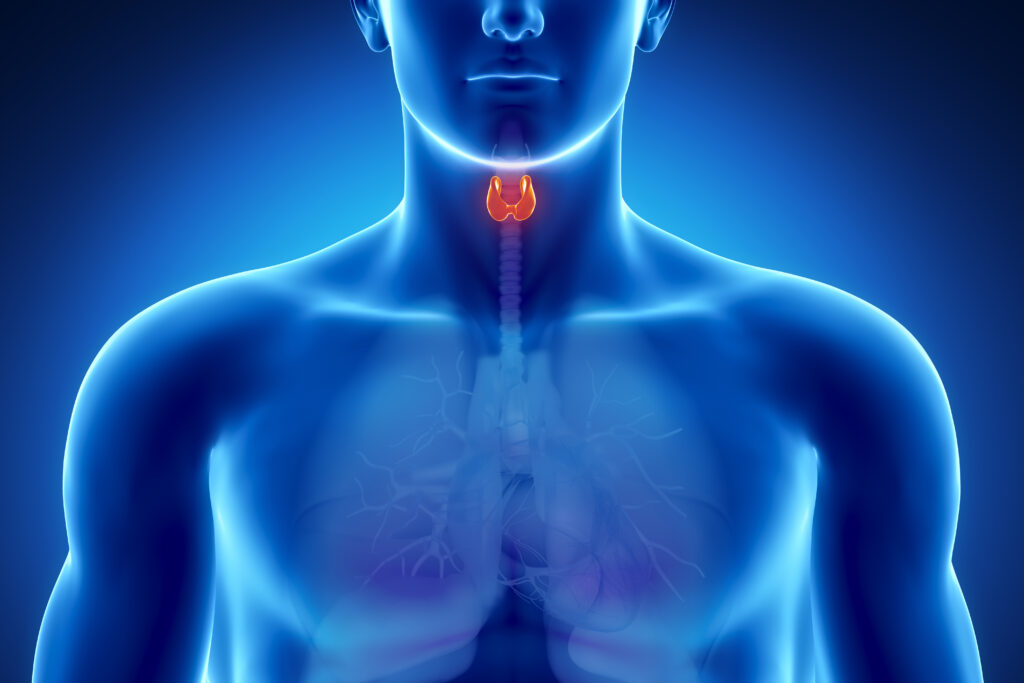Welcome to the latest edition of US Endocrinology, which features topical articles covering various areas of endocrinology. As COVID-19 continues to dominate headlines worldwide, we begin with an editorial by Kumar et al. that considers the exogenous production of steroids during severe cases of COVID-19, and evaluates the evidence for monitoring serum cortisol concentrations in patients with severe COVID-19 to improve disease management. An accompanying commentary from Pal and Banerjee consequently calls to question the clinical value of the concept of routine serum cortisol monitoring in severe COVID-19.
This issue features two original research studies. Firstly, Albetar et al. explore the association between abnormal eating behaviors with body mass index and waist-to-height ratio among university students. In the second, Dutta et al. investigate the heterogeneity among current clinical practices in India in the management of patients with polycystic ovary syndrome.
As well as COVID-19, the other global pandemic—diabetes—continues to be a substantial public health burden, both in terms of blood glucose management and treatment of complications, including kidney disease and cardiovascular disease. Effective therapeutic agents should target these complications as well as treating hyperglycemia. Cox et al. review the evidence and proposed mechanisms for the cardiovascular and kidney benefits associated with glucagon-like peptide-1 receptor agonists.
In the first of a series of review articles that consider tuberculosis (TB), Madhuri Patil considers its broad impact on the endocrine glands, and how endocrine TB and its complications respond to therapy. A trio of review articles then focus on reproductive TB, a common and underdiagnosed form of extrapulmonary TB that has a profound effect on male and female reproduction. In the first article, Malik et al. provide an overview of genital TB and describe its impact on fertility. In the second, Jirge et al. consider the impact of genital TB on ovarian reserve, highlighting the need for prompt diagnosis and treatment. Finally, Nalini Kaul Mahajan discusses current controversies in the diagnosis of extrapulmonary TB, but with a particular focus on genital TB.
The use of immune checkpoint inhibitors has revolutionized the treatment of many cancers, but they are associated with endocrine adverse events, including immune-mediated hypophysitis. In the final review article, Yuen et al. describe the mechanism, incidence, clinical manifestations, diagnosis and treatment of this rare, but important complication.
Case reports are a valuable means of highlighting unusual disease presentations that may confound diagnosis. Vundamati and Tsai describe an adolescent female whose symptoms were unusual at new onset of autoimmune hyperthyroidism. The case underscores the importance of prompt evaluation of clinical signs and symptoms that could indicate more serious or complex, underlying pathology.
US Endocrinology would like to take this opportunity to thank all participants on this edition, from organizations to individuals. A special thanks goes to our Editorial Board for their continuing support and guidance. In particular, we are grateful to the expert authors, who gave their valuable time and effort to produce these insightful articles. Please also take the opportunity to look at touchENDOCRINOLOGY’s Conference Hub, which features a wealth of expert video content. Finally, we hope you enjoy the festive season, and stay safe and well during these difficult times.
Hossein Gharib
Dr. Gharib is Professor of Medicine at Mayo Clinic College of Medicine, Rochester, MN, USA. He is an internationally-known authority on thyroid disorders. Dr. Gharib is a Master of the American College of Physicians (MACP), as well as the American College of Endocrinology (MACE). His other honors and awards include the American Thyroid Association’s prestigious Paul Starr Award (2002), the Mayo Clinic Department of Medicine Laureate Award (2004), and the International Clinician Award of the Associazione Medici Endocrinologi, Italy (2006). He was the recipient of the Distinguished Physician Award of the Endocrine Society in 2010, Doctor Honoris Causa from Carol Davila University of Medicine & Pharmacy in Bucharest in 2015, and the H Jack Baskin Endocrine Teaching Award of AACE in 2018. During an active investigative career spanning more than four decades, he has authored or coauthored more than 250 academic papers, edited a book on thyroid nodules and coedited two other endocrine textbooks. He has lectured at more than 350 regional, national, or international endocrine events. Dr. Gharib is a gifted teacher and a quintessential clinician. He has served on the editorial boards of Endocrine Practice (1995–2005), the Journal of Clinical Endocrinology & Metabolism (2003-8), Thyroid (2010–5), and is currently a member of the editorial boards of US Endocrinology, Acta Endocrinologica (Romania), and the International Journal of Endocrinology. He served as the President of the American Association of Clinical Endocrinologists in 2002, the American College of Endocrinology in 2008, and the American Thyroid Association in 2014.













